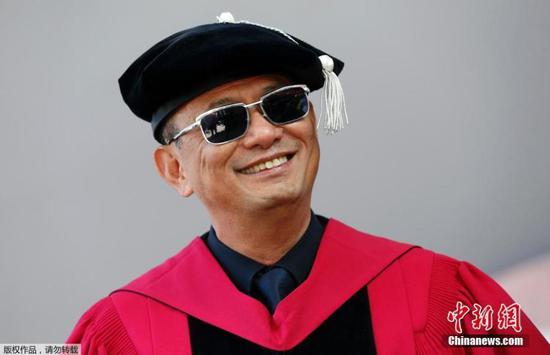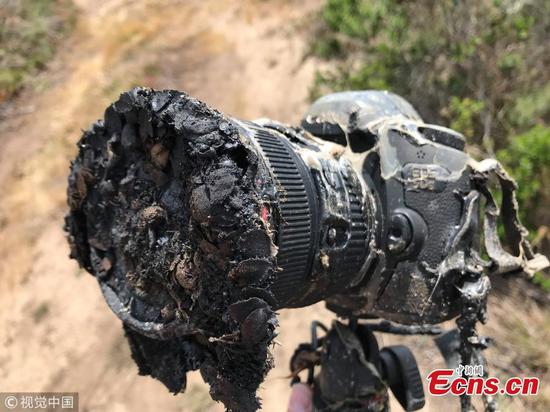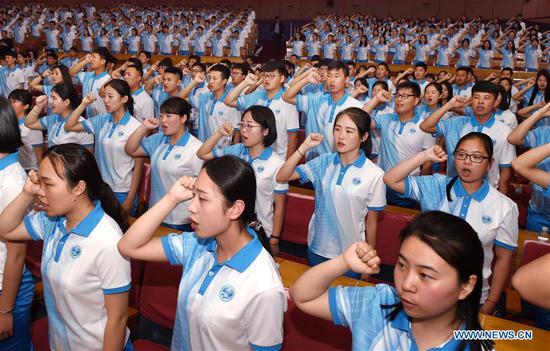Ride-hailing apps will be included in China's quality evaluation system for taxi services to help govern the booming market and improve standards, the Ministry of Transport said on Thursday.
The amended guidelines for evaluating taxi companies and drivers will take effect on June 1.
According to the guidelines, ride-hailing services such as Didi Chuxing will receive 10,000 points at the start of every year, as conventional taxis do, with points deducted for every rule violation.
For example, a company will lose two points each time it fails to provide a driver's full information, including name, photo, cellphone number and license plate number. The same penalty will be imposed for each vehicle without an operating license and for each unlicensed driver.
Local authorities in charge of monitoring behavior and administering penalties will be required to set their own standards for taxis and ride-hailing apps. Beijing, for example, only issues licenses to Didi drivers who hold hukou - household registration - in the capital.
At the end of the year, companies will be grouped into six tiers based on the points they have remaining. Local governments will ask the worst-performing companies to improve their services, the guidelines said.
Companies in the top three tiers will be given priority when applying to renew their ride-hailing permits.
Licensed drivers will also be evaluated. Each will be given 20 points at the beginning of the year. Behaviors such as driving without a license, harassing or threatening passengers or leaking a passenger's personal information, will cost 20 points and could also impact their company's ranking.
If more than 10 percent of a company's drivers are left with less than three points at the end of the year, it will be automatically placed in the bottom tier.
"The new rule aims to improve the quality of services and strengthen oversight during and after each ride," said Wang Xiuchun, deputy director of the ministry's transport services department.
The murder of a 21-year-old flight attendant, apparently by a Didi driver, this month has heated up public discussion about the safety of car-hailing services.
Although Didi's "hitch" service - similar to carpooling - is not identified as a car-hailing service in current Chinese regulations, the ministry warned business operators to guard against abuse.
Ministry spokesman Wu Chungeng said operating in accordance with the law is the basic rule, and no company should disturb the market but rather protect passenger safety and rights.


















































